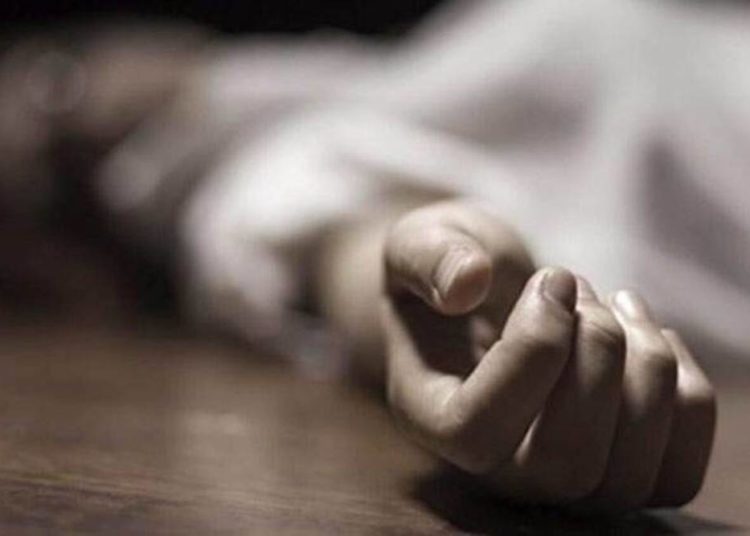In an increasingly interconnected world, the influence of social media on various aspects of our lives is undeniable. As the influence of social media continues to expand, a shadow is looming over its impact on mental health, particularly its potential to contribute to rising suicide rates.
Across the globe, depression and suicide rates have been on the rise and Nigeria is no exception, especially among its youths. According to world Health Organisation (WHO), over seven million Nigerians suffer from depression, and some have further led to suicide.
The use of social media has become an integral part of our daily lives, with billions of users sharing their thoughts, experiences, and emotions online. However, the constant exposure to curated content, has raised concerns about its potential impact on individuals, especially on the vulnerable in our society.
During the recent celebration of world Suicide Prevention day, WHO emphasised the significant role the media can play in either enhancing or weakening suicide prevention efforts.
“Media reports about people who die by suicide can lead to subsequent, additional, suicidal acts” according to WHO.
“Media reports about people who experienced difficulties in their lives but who managed to cope constructively with their suicidal thoughts, are associated with small reductions in suicidal ideation among vulnerable audiences.
“Educative media portrayals featuring how to cope with suicidal thoughts, profiling support organisations and resources, and sharing information from those with lived experience, may help to reduce the likelihood of people thinking about suicide or acting on such thoughts. This may increase the likelihood that they will reach out for help if they are struggling with their own crises” said WHO.
In an interview with the News Agency of Nigeria (NAN), a Consultant Neuropsychiatrist, Dr. Maymunah Kadiri, expressed concern that social media can worsen the impact of suicide on the population.
“The way suicide cases are being reported on the social media is not helpful. Most times, the social media fuels the anxiety that is associated with the incident. For instance, if a man jumped into the lagoon, immediately, it will be posted on the social media.
“The incident will be trending on the internet to the extent that every social media handle you open, the next thing you will see is the story of a man that jumped into lagoon”. This she said can aggravate the general public.
A man who did not want to be named also told me in chat, “I remember stumbling across a viral video of my classmate and best friend who committed suicide because he was being bullied in
secondary school. I instantly went into a mental breakdown. My parents were worried and got me help with therapy.”
He had, at some point wanted to take his life, but for loving and supportive people around him he is still alive and well. “People suffering from depression should not be mocked, they should be listened to. I’m happy that WHO and other organisations are creating more awareness on suicide intervention.”





